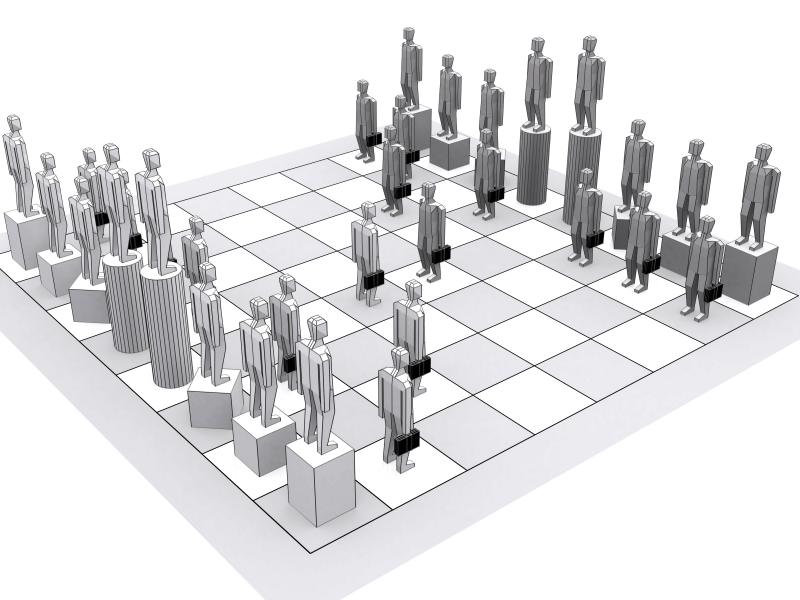Mobile and Cloud Gaming
By: Wedge Greene

The call is received in the payment inquiry center: âWhat is this two hundred dollar charge on my Visa?â Pay-to-Win games are monetized by user interaction with an in-game threshold: pay a little money and get a helper artifact or hint that enables the gamer to complete a level and advance.
Most of the time these games are free to start and then maintain a low purchase threshold to keep players involved. People start play as a way to kill time when they are bored. After all, a smart phone or mobile device is always at hand. Eventually, the player encounters a paywall, a requirement to pay a small fee before continuing the game.
The Paywall
The paywall is an obstacle in the game which can be overcome by paying a small fee. As their frustration increases, they agree to pay a little bit. Then in the future, making each small payment is easier at the next paywall. The game developer is selling a concept to move forward. On Candy Crush, the "pay to pass" threshold might be delayed until the late levels of the game, sometimes months into the habit, but it seldom is.
Candy Crush is a multi-billion dollar Over-the-Top enterprise that followed Facebook to mobile phones. From this, telecom providers just get data consumption fees; but it is estimated that it is played more than half a billion times a day on mobile phones. For the game publishers, there is high profit from in-app micro payments. Total expenditures on a game by a single addicted user can reach $1,000. Profit is high. R&D and platform infrastructure costs for current phone games are relatively small, as are the transaction fees from the financial system.
King Games, the publisher, also developed an ingenious way to propagate users. Continued play can be "purchased" by inviting other new players to the game via the social network platform which is hosting the game. These player groups can "level up" with each other in their social networks. And players can pass lives to each other, if they have the patience.
The Gaming Market is Balkanized
People play this class of games addictively, but are not always happy with a game. Despite celebrity endorsements on talk shows, many users do not describe their experience as fun and pleasurable. Total time spent on a newly-introduced game is relatively short so there is no incentive to build games with depth or immersive "world view" construction. This market segment may also be future limited; social systems will eventually develop antibodies for this, just as it has for gambling. Big spenders will either request help or be forced to seek help. But these Pay-to-Win players are only a small segment of gamers. These are not what the gaming community itself considers as "serious lifestyle gamers."
Pay-to-Win is not the darkest side of mobile gaming. Gambling is alive and well on the mobile platform. This morally-challenged activity is a natural fit to smartphones which can easily link to unregulated betting platforms. You can log in and place a bet outside of the standard economy and then watch the sporting event in real time on your media-enabled phone. It is not going away. Gambling has built cities in the wilderness and established out of the way places as destinations. Mobile phone gambling will at first compliment these locations, but later steal from the growth of these cities. Virtual bookies are just a fingertip touch on the phone screen. Social service networks will be hard pressed to keep up.
Still most phone gamers are mildly satisfied users. These customers want mobile gaming opportunities to expand but must split their gaming experience by platform availability. My wife plays a jigsaw game on her computer and solitaire on her phone. âYou cannot see the jigsaw on the tiny phone screen and I prefer the mouse to move the pieces into place.â Nevertheless, for low resolution touch screen game technology, there is a wide variety of games for users to choose. Current classes of mobile games include âcare for animalsâ, âshoot em upâ (SHMUP), collection games, and puzzle games. In tower-defense games a player holds a territory via collecting resources to combat a wave of enemies. Yet mobile strategy games are mostly not real time. Players take turns with the gaming platform and this limits the immersive experience. These types of mobile games are simple and lack depth of experience. Gamers expect each game introduction to be a fad market-driven by advertising.



















